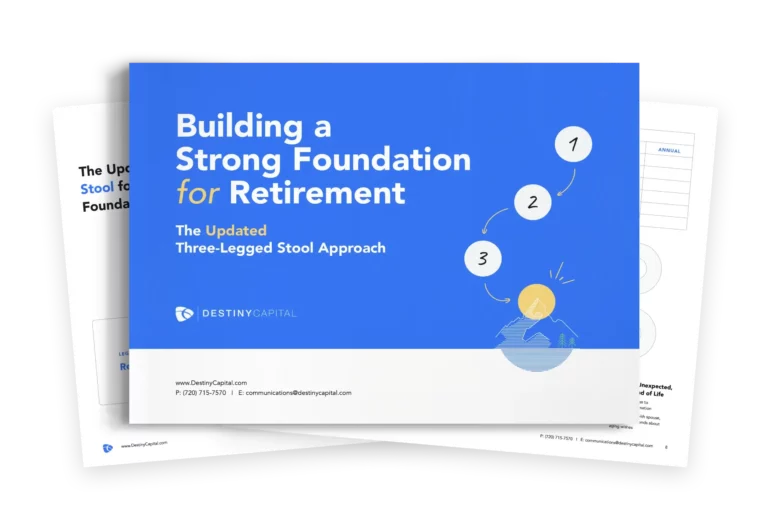How to Find the Right Estate Planning Attorney
A simple Google search for an estate planning attorney can return millions of results. The idea of sorting through all of these search results can seem daunting. Furthermore, choosing the wrong attorney can cause significant, and often costly, problems if your estate plan is incorrect. If you are in need of an estate planning attorney and are unsure of where to start, below are a few questions and answers that may help you find an attorney who is right for you.
Does the attorney focus solely on estate planning?
Drafting estate planning documents can often be a supplemental source of income for attorneys who also practice other types of law. Depending on your situation, working with this type of attorney could be like seeing a general practitioner when you really should be seeing a cardiologist. The general practitioner may be a great doctor, but does he or she have the expertise and current knowledge necessary to give you the best treatment for your specific condition?
The laws and procedures surrounding estate planning are dynamic and can change over time. An attorney who specializes in estate planning is much more likely to be up-to-date on current law and may have more experience in dealing with complex cases.
Did you find the attorney using a paid directory?
Conventional attorney search engines are businesses that make money by selling space on their websites to law firms and individual attorneys. This means that the attorneys who are listed first likely just paid the most to advertise. Paying to advertise on a search engine is a great way to build a clientele for the attorney, but it doesn’t necessarily mean that the attorney is an ideal fit for you.
Third-party verification websites are a great alternative to a typical internet search. These sites do not solicit attorneys to advertise on their site. Instead, they rank each attorney based on predetermined criteria such as experience, peer endorsements, publications and so forth.
How and when will you be charged?
Attorneys typically charge a flat fee, an hourly fee, or a combination of both. Before hiring an attorney, have them clarify how he or she will be compensated. Most estate planning attorneys use a fixed fee structure for most of their services. Be sure to understand exactly what this flat fee covers and when an additional fee may be applicable. For example, will you be charged an hourly rate if your financial advisor calls the attorney to clarify and confirm the details of your new estate plan?
Does the attorney help with the funding process?
With certain types of estate plans, completing and executing the necessary documentation is not the final step. In order to fully execute an estate plan, certain assets may need to be re-titled. For example, a revocable living trust is a common tool utilized in many estate plans. However, the trust will become useless if assets are not re-titled in order to ‘fund’ the revocable trust. Will your attorney coordinate with other third parties such as your financial advisor, banker, etc. in order to ensure that the funding process is complete and accurate?
Does the attorney have a regular review and maintenance program?
Completing an estate plan is not a ‘set it and forget it’ type of transaction. Laws change over time, and it is the estate planning attorney’s responsibility to know if changes in estate law will impact your plan. An attorney who has a review and maintenance program in place will allow for proactive communication should a change in estate law affect your plan.
Does the attorney carry legal malpractice insurance?
In many states, an attorney is not required to maintain malpractice insurance. Malpractice insurance can help a client recoup losses if anything does go wrong. Therefore, if the attorney makes a costly mistake and doesn’t have malpractice insurance, the chance that a client may receive financial restitution decreases significantly. Holding malpractice insurance may also be an indication of the attorney’s accountability and willingness to stand by his or her work.
How do the people you trust feel about the attorney?
It is common for financial advisors to collaborate with estate planning attorneys and form professional relationships with one another. Therefore, your advisor can be a valuable resource in helping you select an estate planning professional. Your advisor should know the specifics of your personal and financial situation and can make an appropriate introduction to an attorney who will best suit your needs.
Have any questions? We’re here to help!
{{cta(‘b98204c7-0e0e-4d3b-895d-e54ef00e4f97’)}}
Share this
Stay Ahead with Smart Investments
Learn how to invest wisely and minimize risks to protect your retirement savings.
Achieve Your Retirement Goals
Get personalized advice to meet your retirement goals. Book your call with Destiny Capital now.




